TRCP’s “In the Arena” series highlights the individual voices of hunters and anglers who, as Theodore Roosevelt so famously said, strive valiantly in the worthy cause of conservation
Jared Frasier
Hometown: Manhattan, Montana
Occupation: Executive Director of 2% for Conservation
Conservation credentials: Encourages businesses and individuals to expand their involvement in the cause of conservation by pledging at least one percent of their time and one percent of their money to the future of fish, wildlife, and habitat.
Once you meet Jared Frasier, you’ll soon see him everywhere you go. That’s because this tireless advocate for fish and wildlife is boundlessly outgoing in his quest to build a community of conservation-minded sportsmen and women. Prior to taking the helm at the nonprofit 2% for Conservation, he was volunteering over 500 hours a year serving on boards and committees for other groups, traveling to conferences and conventions, speaking out when and where it matters, and bringing folks together for the future of hunting and fishing.
Here is his story.
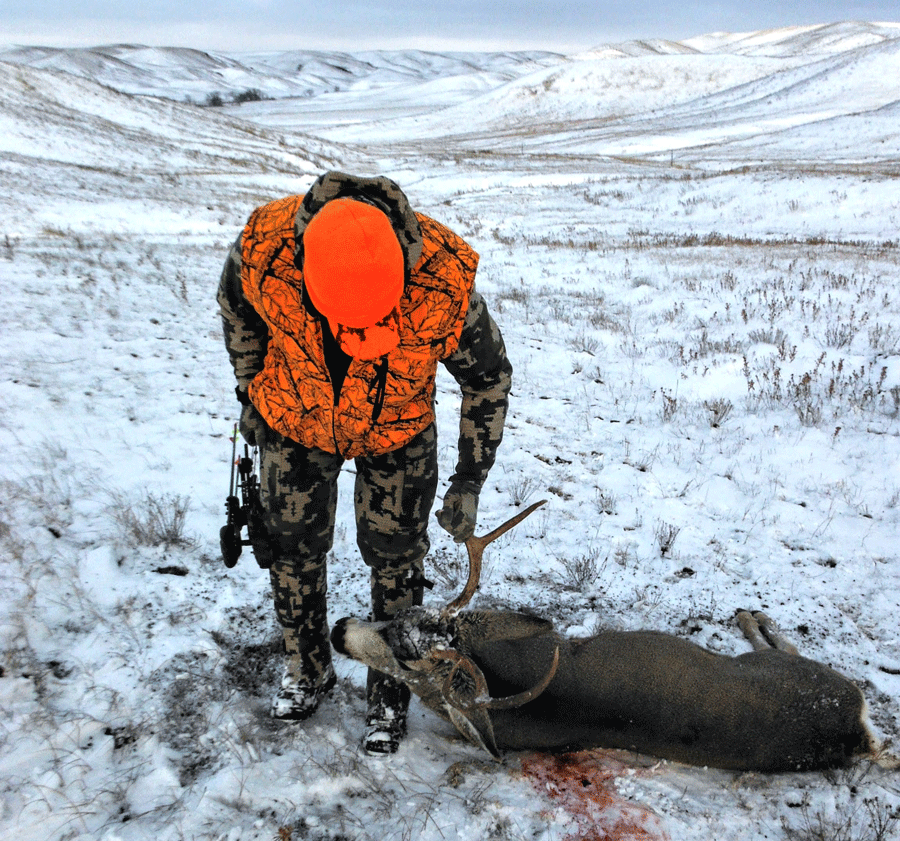
When I was a few months old, my parents bundled me up and used a half-drilled ice fishing hole as a makeshift cradle while they chased tip-ups near our home in northern Wisconsin. It was about as early an introduction to the hunting and fishing lifestyle as I could have hoped for.
By age ten, I was helping to harvest, process, and cook all of the wild fish and game my family could legally pursue. We were not well-off, so the majority of the protein in our home was caught, shot, or trapped. Eating wild meat wasn’t a trendy experiment for us: It was a financial necessity.
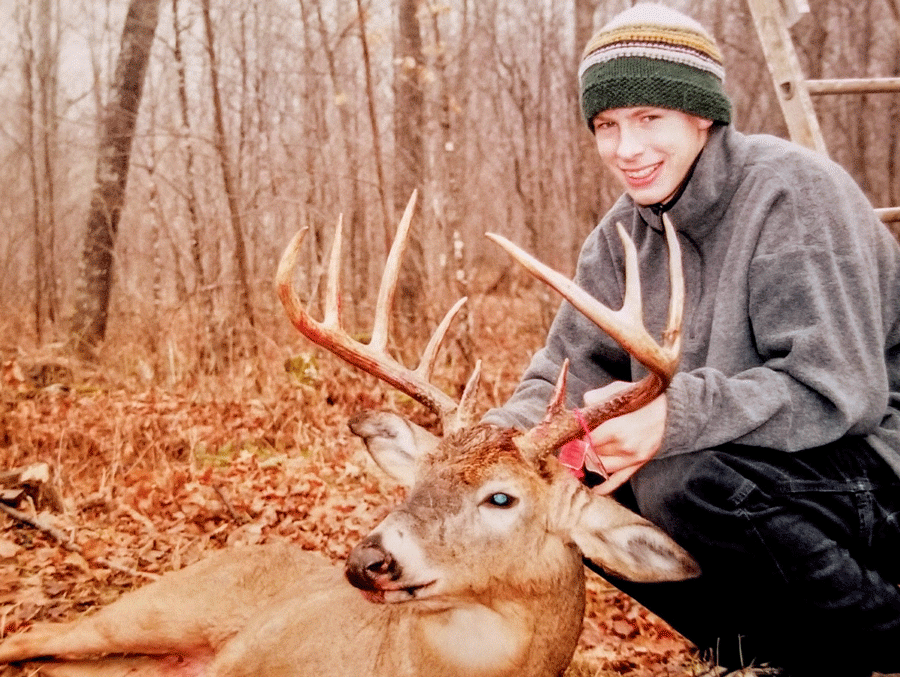
And my outdoor experiences growing up also gave me a taste for adventure and wild places. My parents saved every penny they could and piled us all into their old pickup for a DIY, over-the-counter archery elk hunt in New Mexico, where we camped on public land in the family tent. That trip blew me away, flooding my young brain with new sensory experiences.
From my first day in view of Wheeler Peak, this Northern Wisconsin boy knew he had to live in the mountains.
I have two kids right around seven years old now, and I’m very conscious of the need to expose them to as many ecosystems and outdoor pursuits as possible. It’s amazing how new places and habitats can get under your skin and inspire you. I myself hope to experience as many wild landscapes as I can in every corner of the globe.
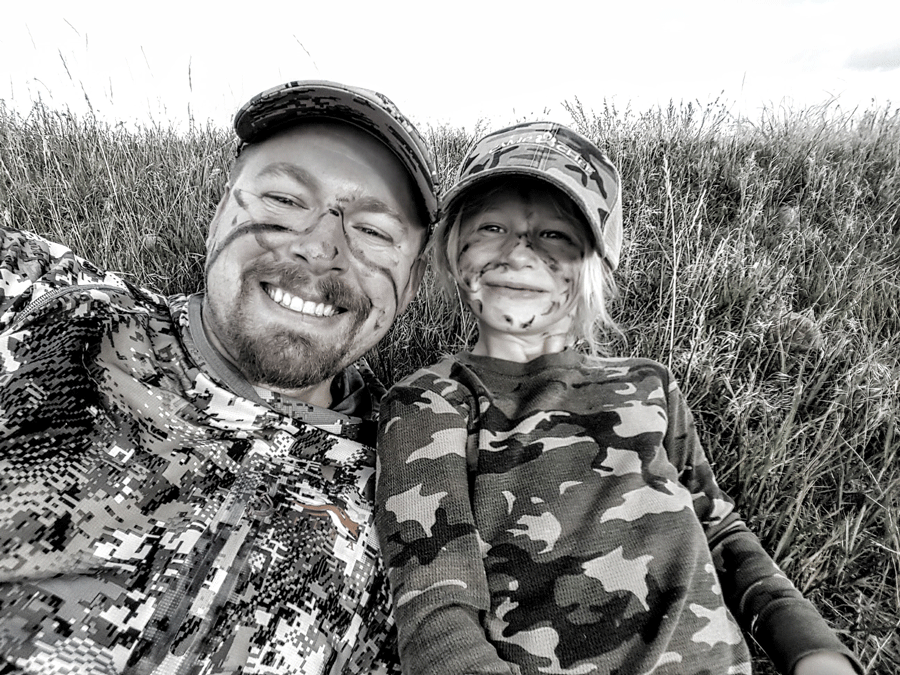
At this point in my life, I am happiest hunting and fishing where I know the populations of whatever species I am pursuing are in abundance. I’m absolutely invigorated by the efforts of others to ensure that future generations get the opportunity to roam “where the wild things are.”
Especially where I live, human housing and transportation development pose a serious threat to our wildlife. People are moving to the Bozeman area to enjoy the incredible outdoor opportunities we have in this part of Montana… and, as a result, our fish and wildlife are facing new pressures. Habitat is being fragmented and migration corridors are interrupted by new development. These resources can’t and won’t return once they are gone.
At the end of the day, we’re all simply borrowing wild resources from future generations. None of us own them. You can’t take them with you when you die. Unless you want to pass along a world covered in concrete and steel structures, you HAVE to be involved in conservation.
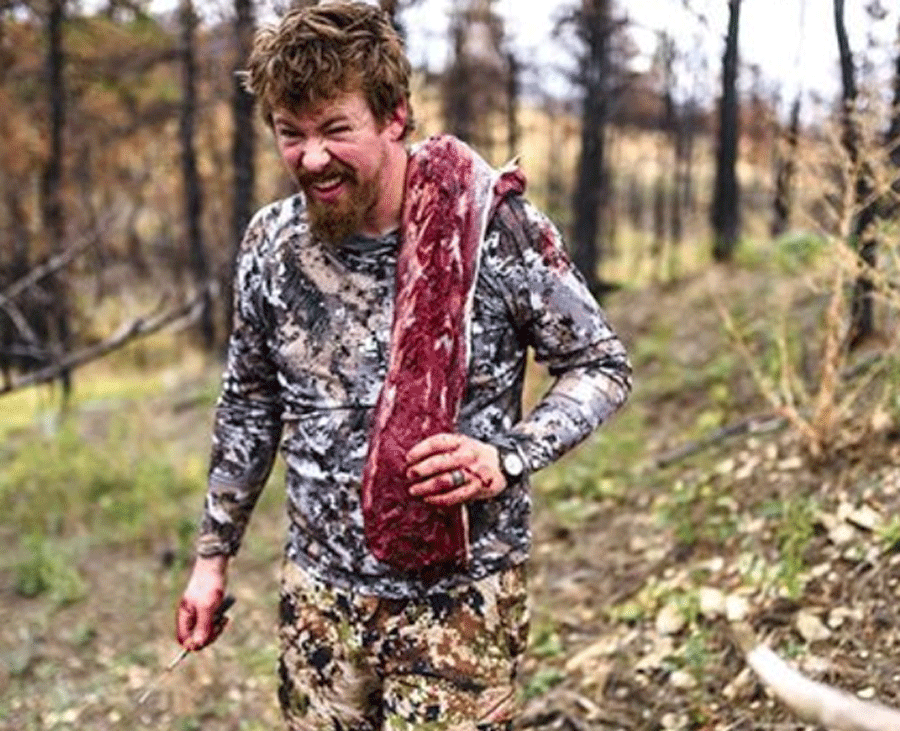
Do you know someone “In the Arena” who should be featured here? Email info@trcp.org for a questionnaire.

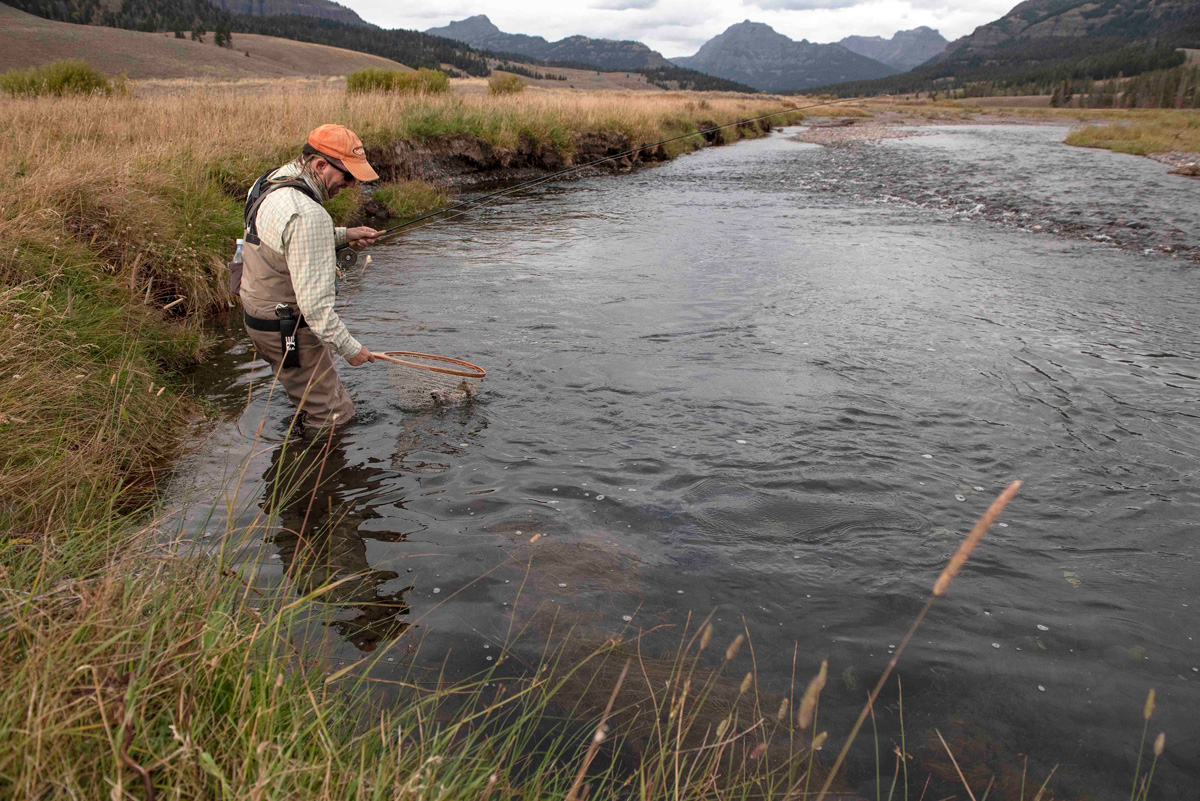
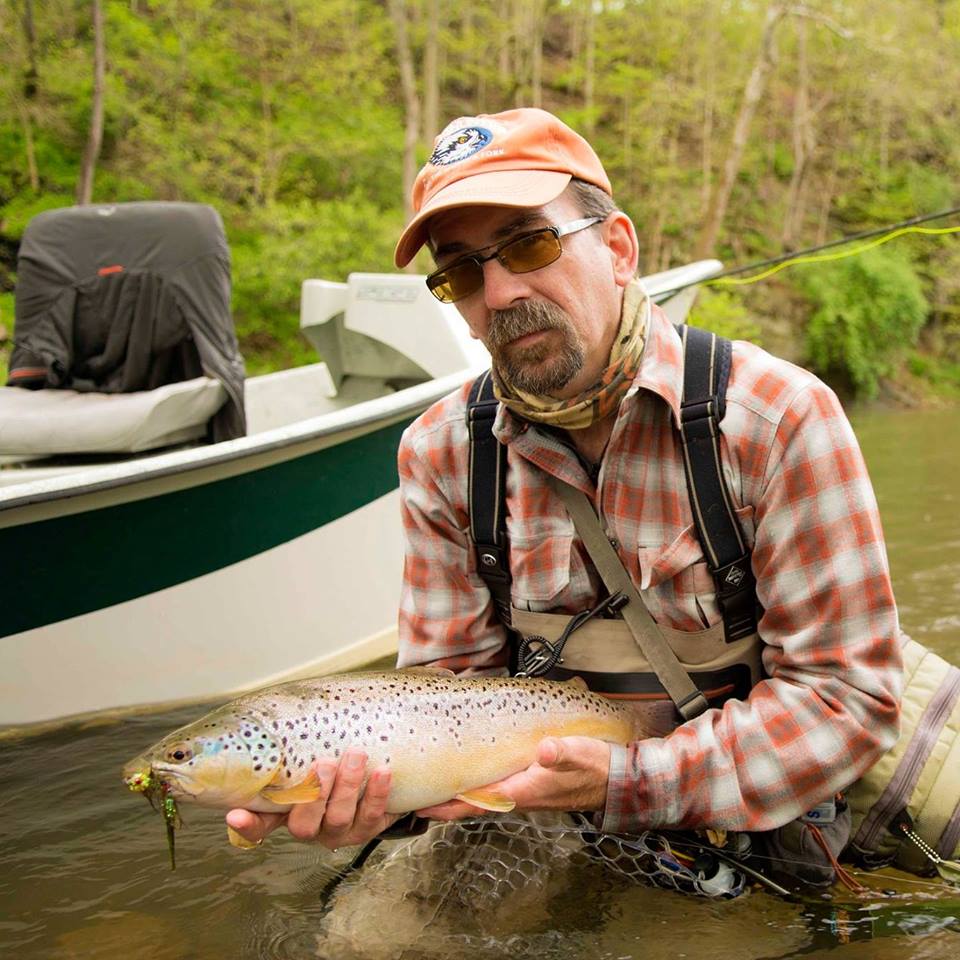
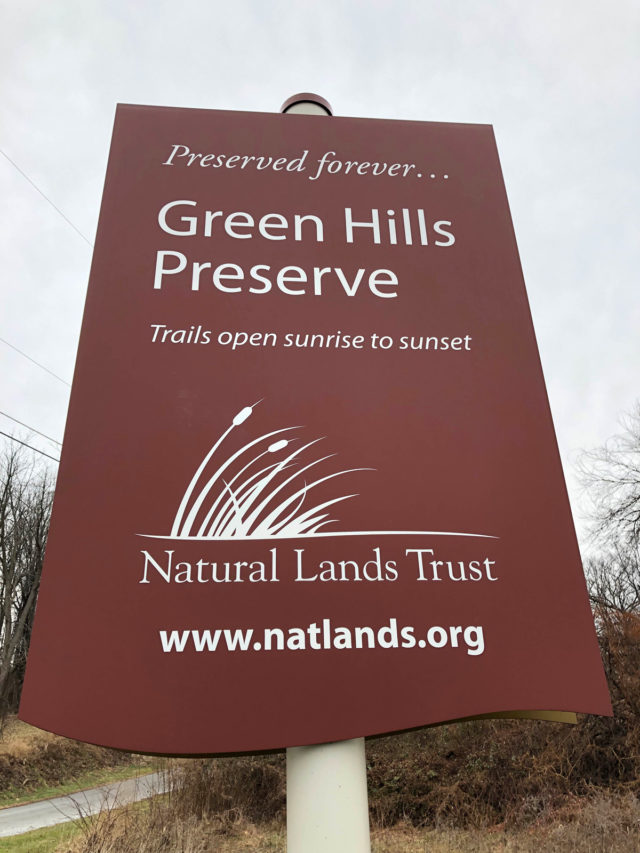
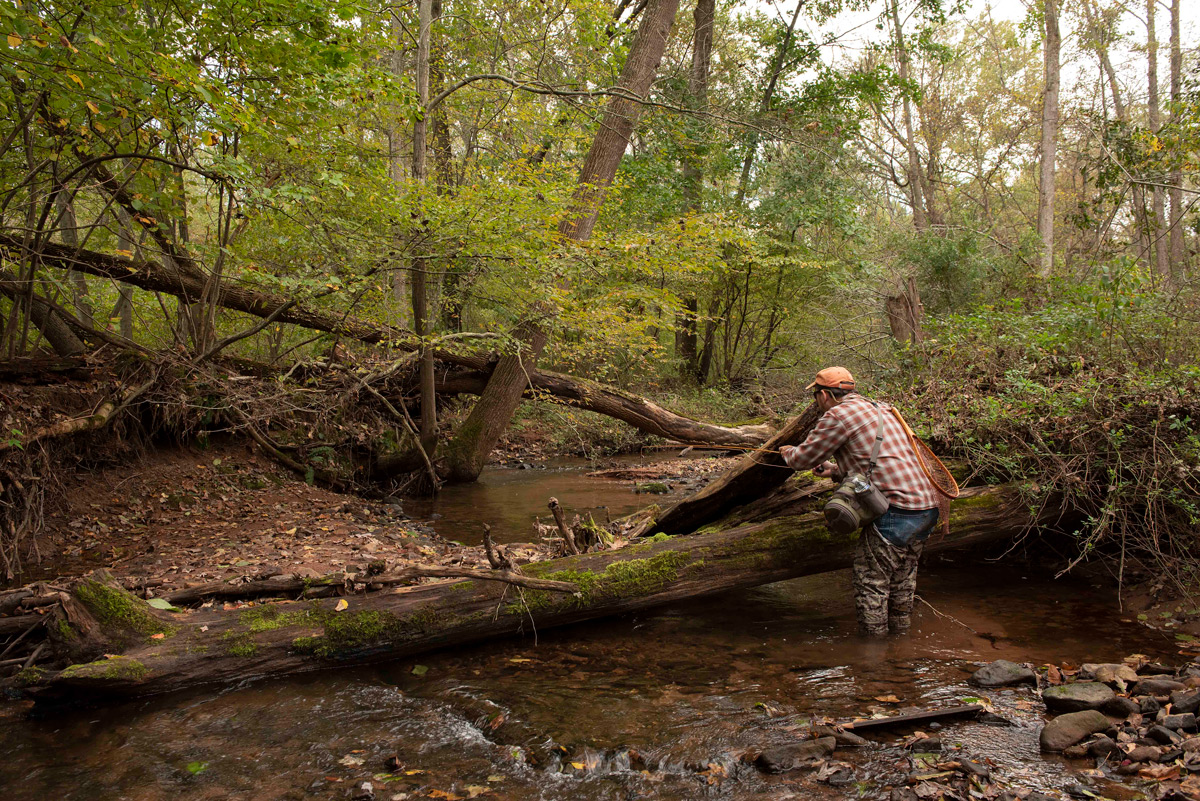
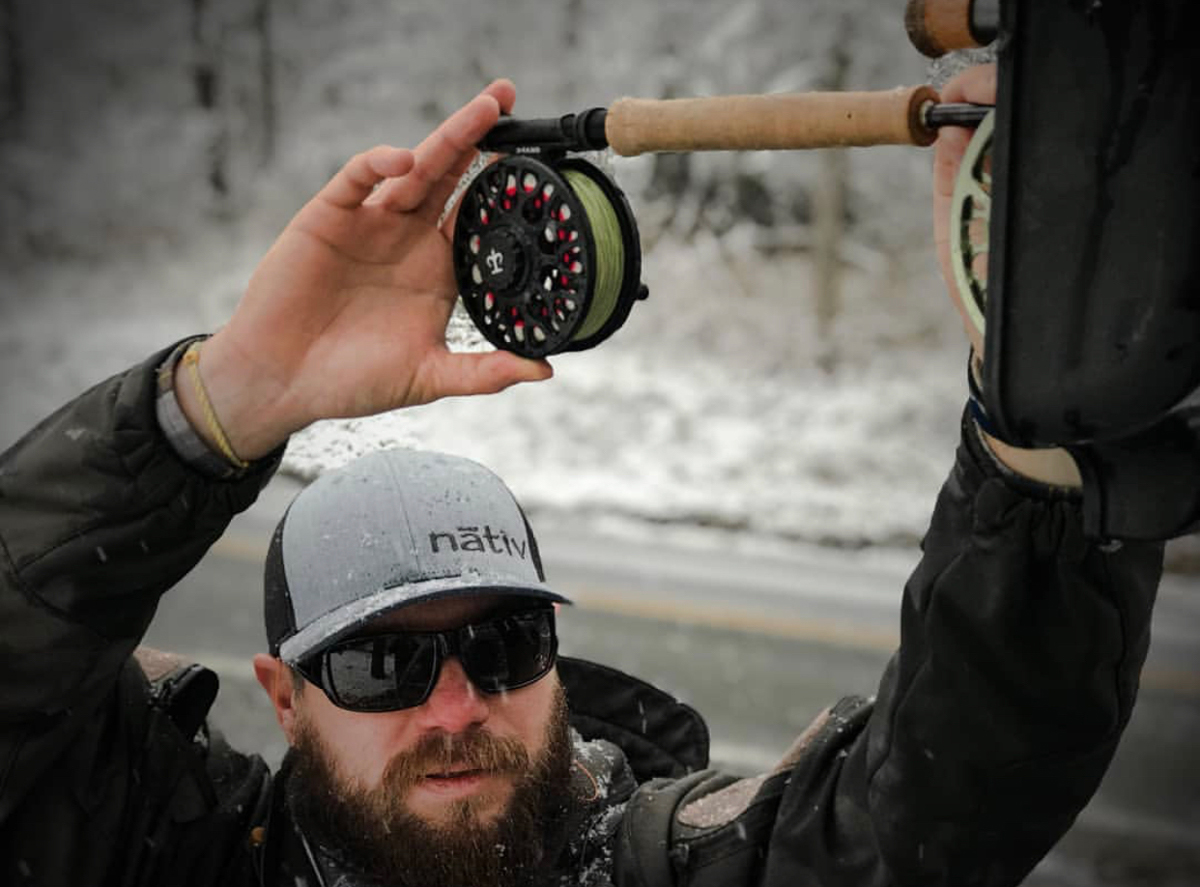
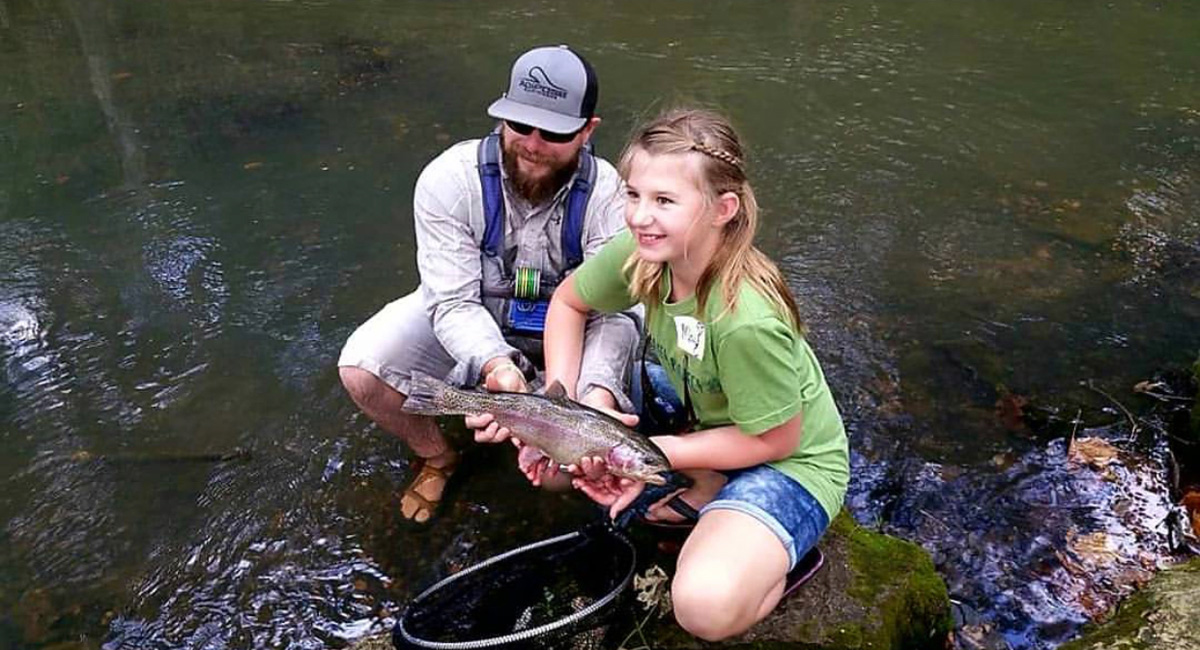
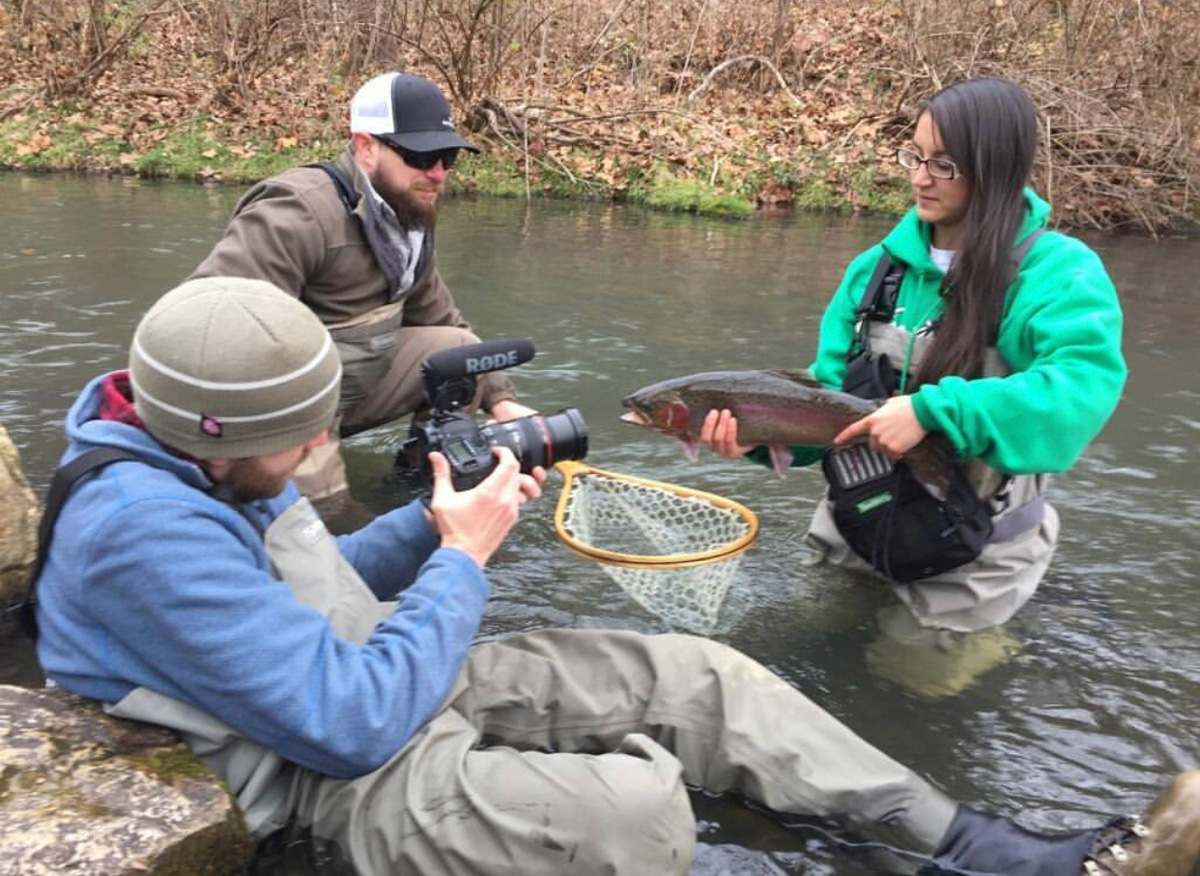
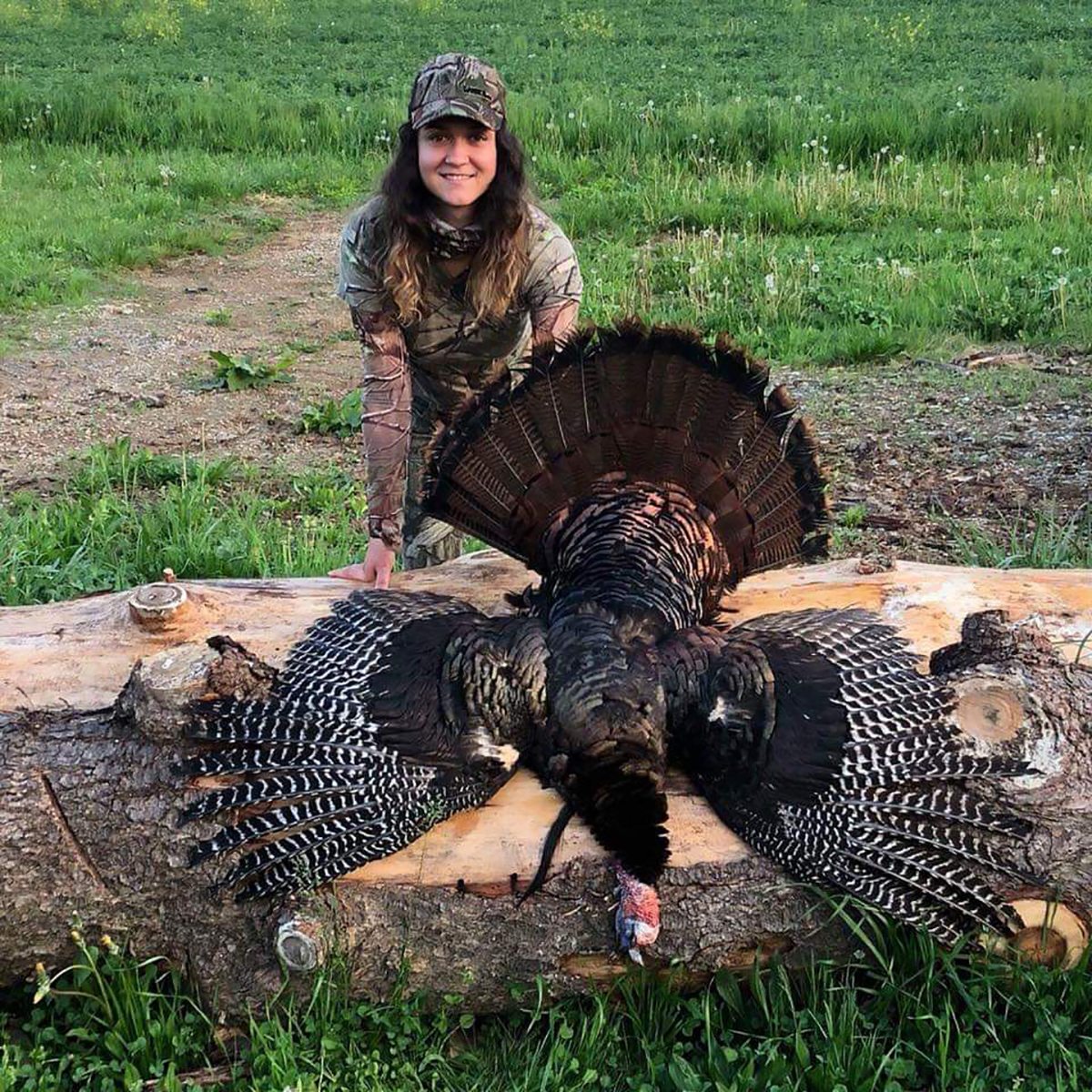
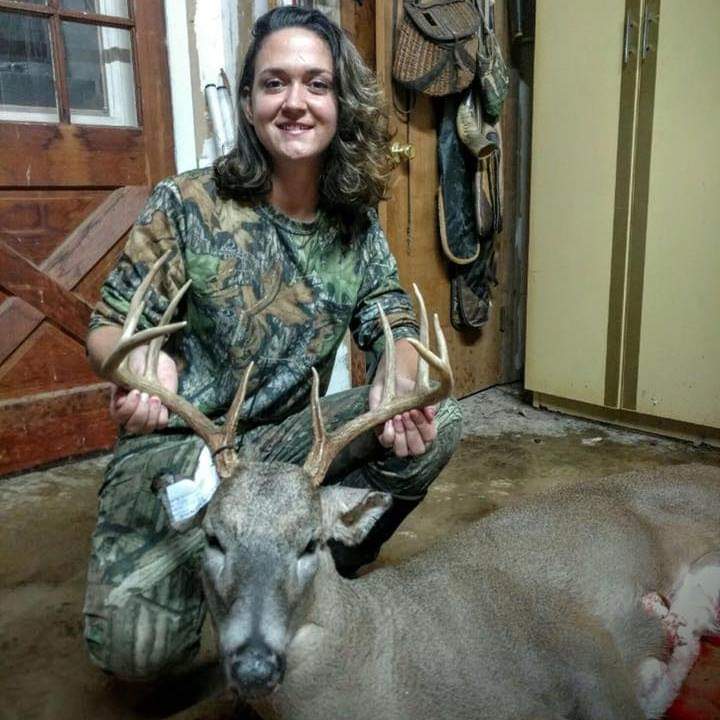
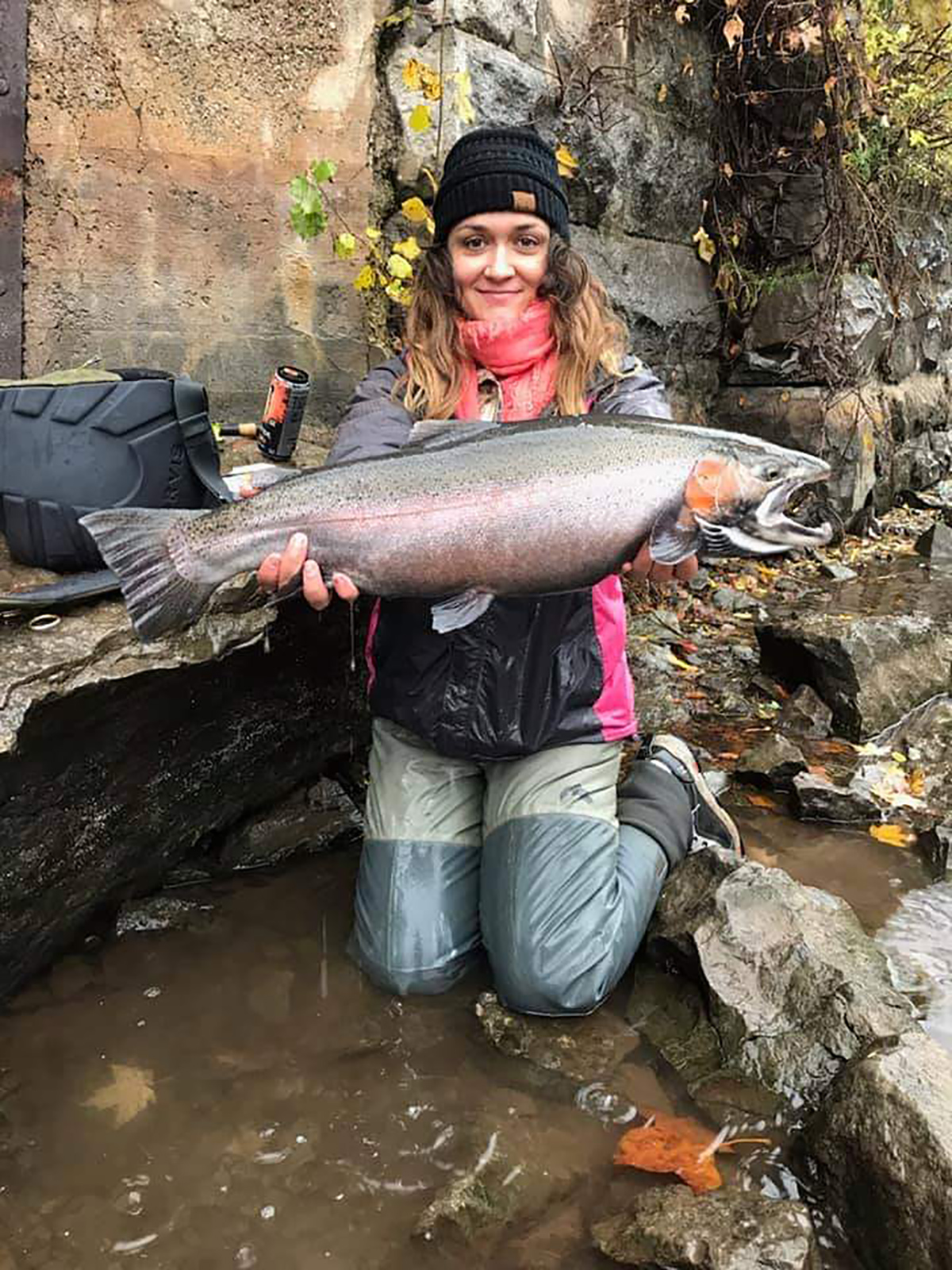
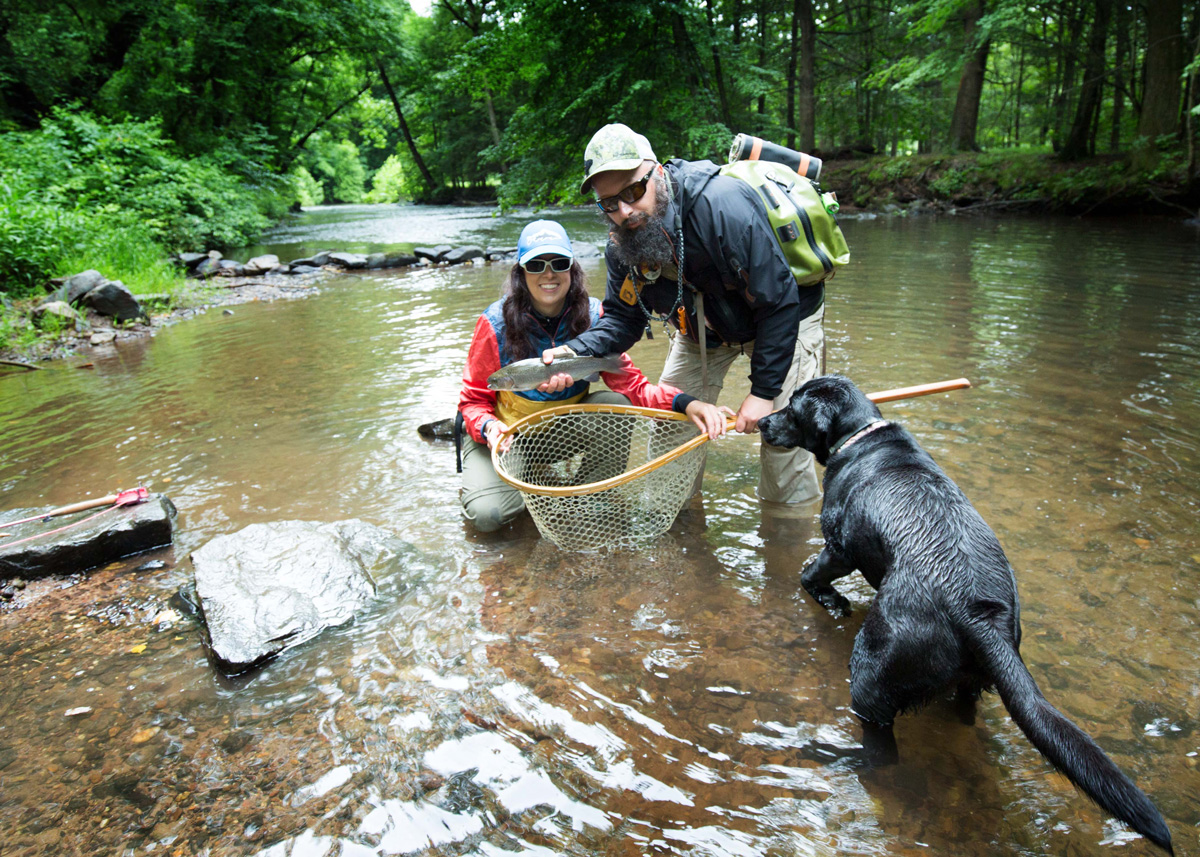
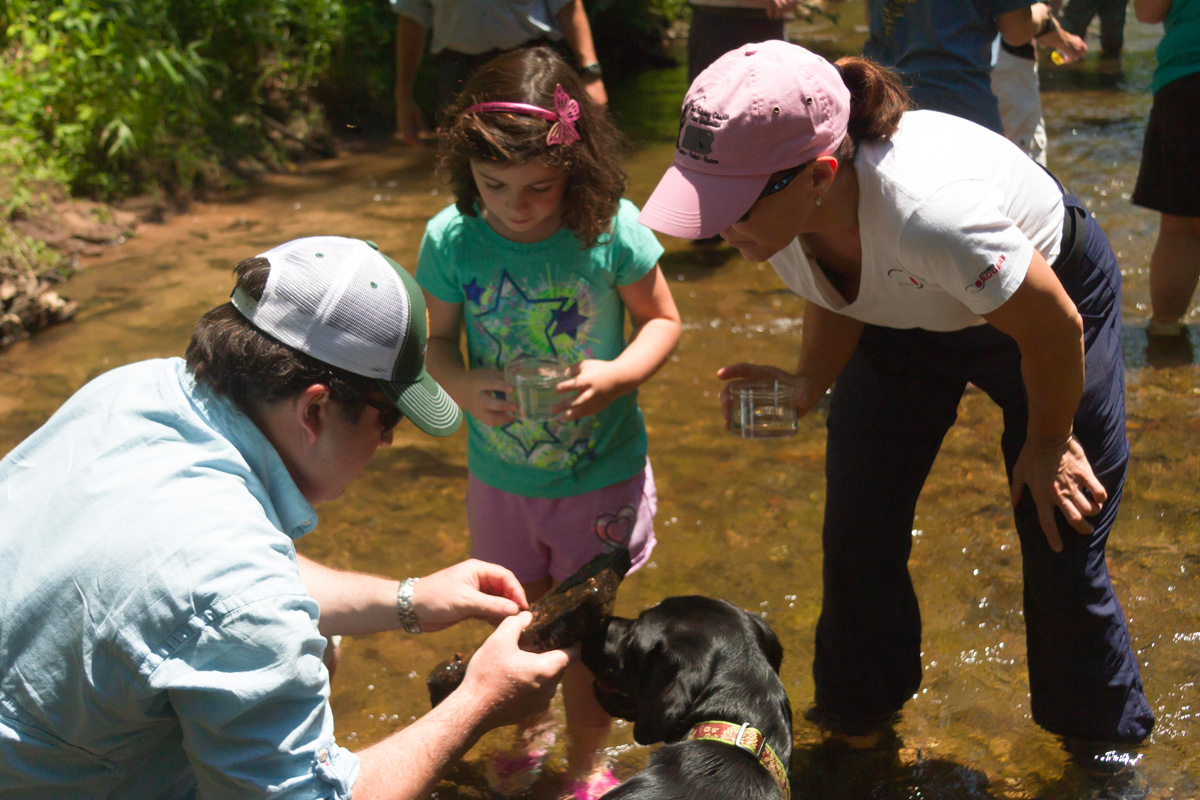
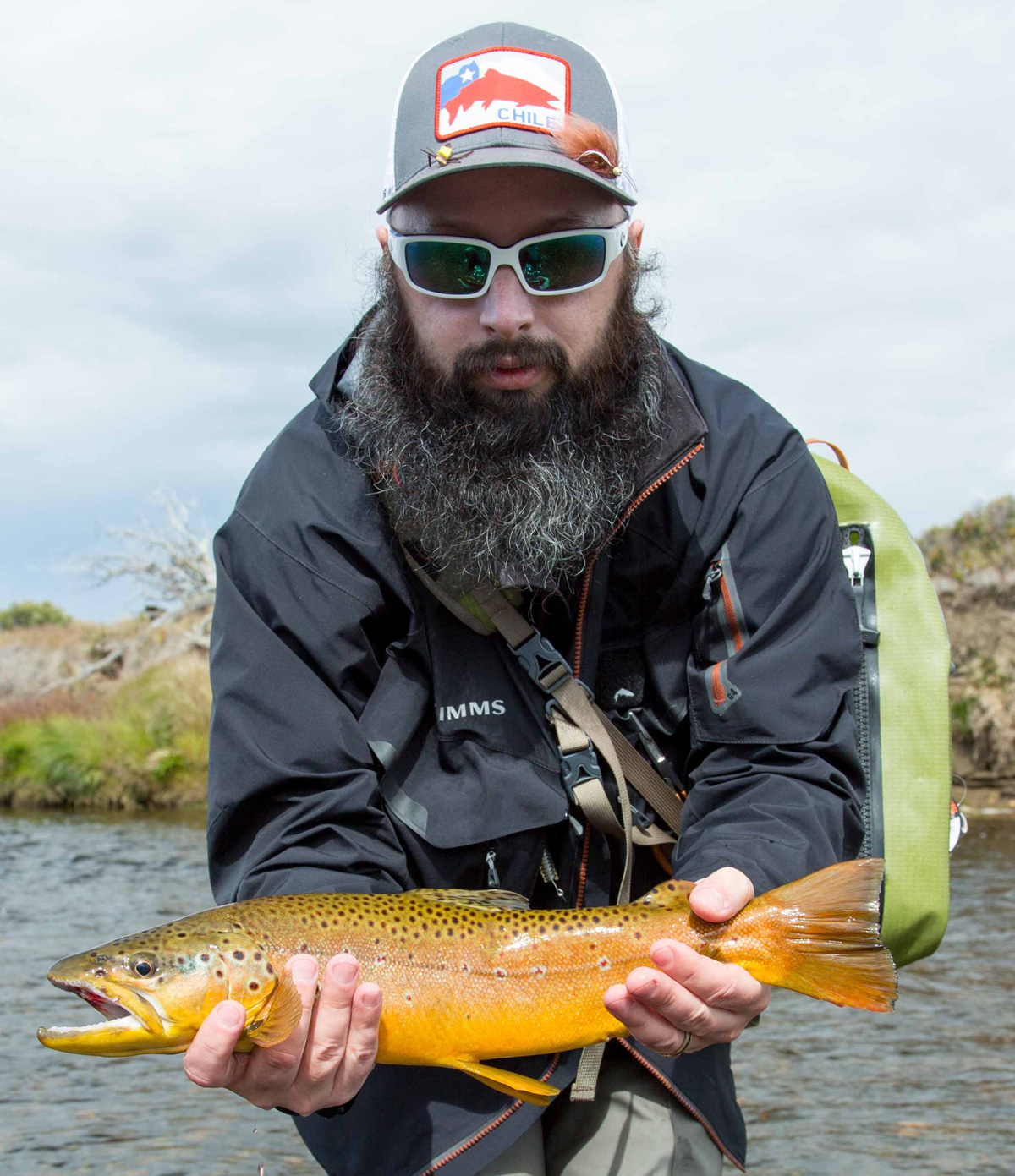
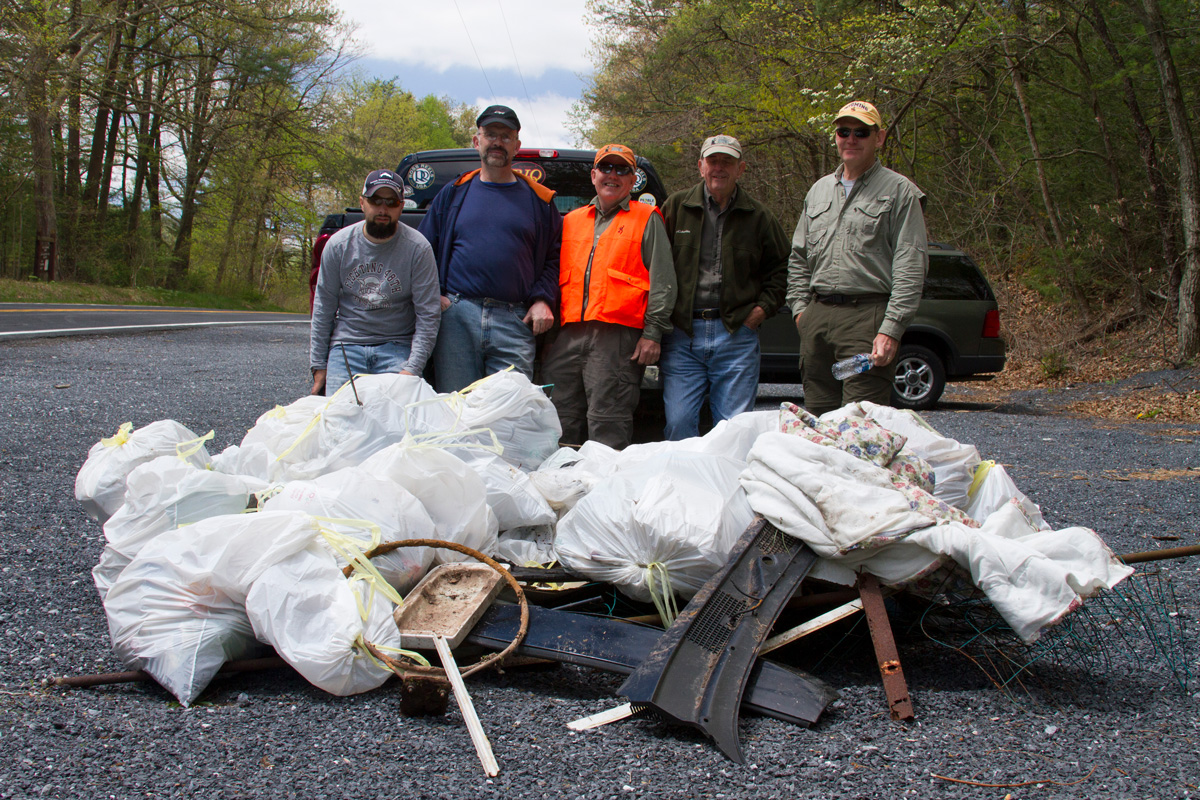
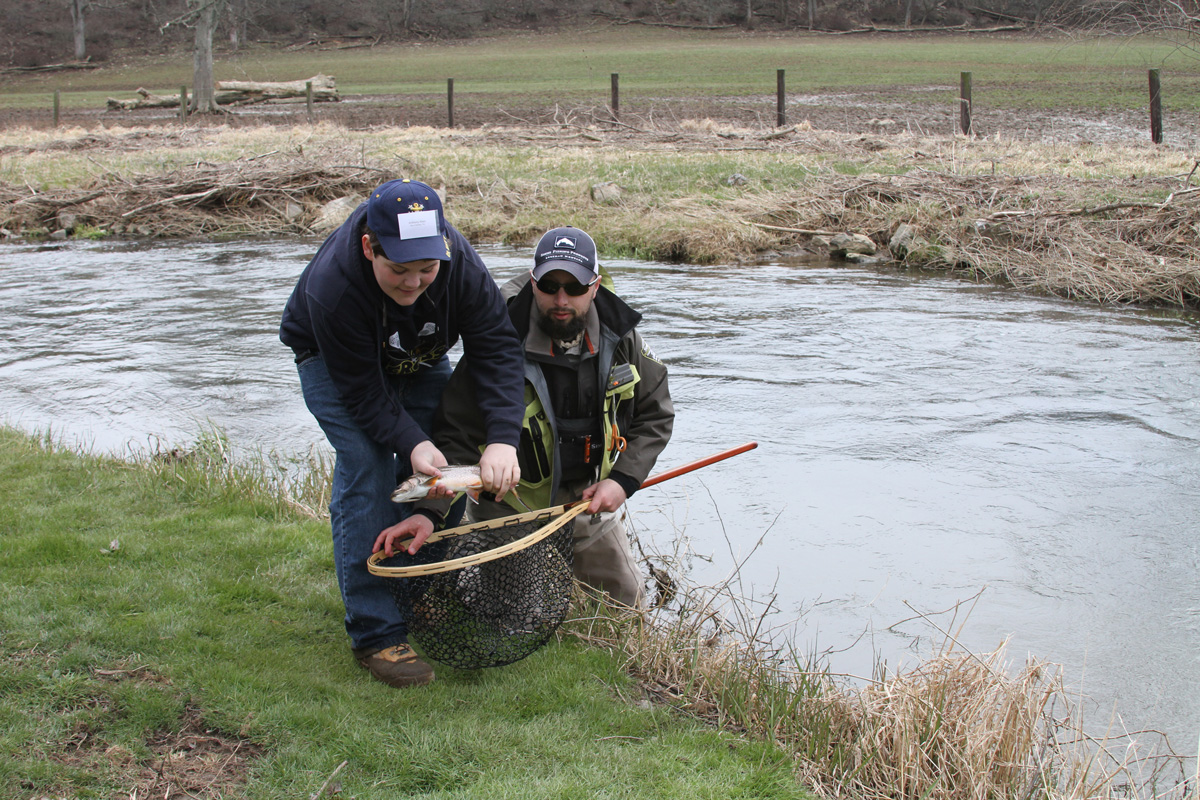




Love the post and so proud of my son Jared.
Thanks for sharing this! It’s going in a frame in my man cave!
Jared, you are a great husband, father, son, friend and advocate for our natural resources! Good job buddy.
Grateful for all the moments we spent together in the outdoors and for the many we have yet to spend!
Dad